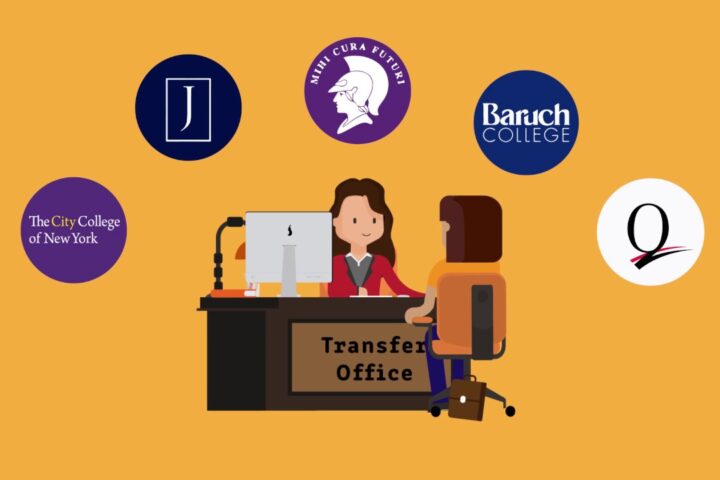Much of Queens College’s daily life relies on the internet and other technology, from remote classes to assignments on Blackboard. Thus, it’s necessary for the network to be fortified and up to date, as well as having strong cybersecurity measures in place.
Without it, the entire system of operations the school relies on may suffer serious difficulties, if not collapse entirely. QC’s internet is not an entirely flawless network; for example, I myself always have difficulties connecting to the internet in Remsen Hall and Colwin Hall.
This is not a problem that is going unaddressed, however. QC’s Information Technology Services (ITS) is currently assessing cabling infrastructure in order to identify the areas most in need of upgrades, in order to improve and secure the internet situation at QC.
The upgrades apply to both network equipment and the cabling across 31 buildings. The “Projects” page of the IT website states the proposed upgrades include integrating modern technology, smart devices, and advanced classroom tools. It also states that “by harnessing state-of-the-art technologies, significant improvements will be achieved in network performance, security, and management.”
According to Troy Hahn, chief information officer and chair of the Student Technology Fee Committee, the upgrades will make using the QC internet a much more convenient and seamless experience.
“Upgrading the network cabling entails several anticipated benefits, chief among them being enhanced reliability, scalability, and performance,” said Hahn. “By modernizing our infrastructure, we aim to mitigate potential bottlenecks, reduce latency, and bolster overall network efficiency. Moreover, the upgraded cabling will accommodate future technological advancements, positioning our organization for long-term growth and adaptability in an increasingly digital landscape.”
This is a lengthy process, and it will be some time before current students and faculty can enjoy the benefits. Hahn reported that the upgrade project is projected to take 36 months to complete, with the team looking to minimize any disruptions in the meantime.
“My team is meticulously outlining a comprehensive timeline that incorporates various implementation phases, including assessment, planning, execution, and testing, to ensure a seamless transition,” said Hahn.
If this estimation is correct, the intensive project will be completed sometime in 2027.
Other projects ITS is working on include replacing the telephone system to enhance campus communication as well as providing a more secure system.
Starting Summer 2024, any projects led or supported by ITS will be posted on the IT website, which Hahn cites as a move to “ensure our campus community is aware of everything we are doing.”
The site also contains a guide to chartering projects, such as a scope statement, plan template, and lessons learned log. In addition, there is a support portal (wherein you can submit tickets), a list of services ITS offers, and a record of staff.
Information on the project (and other current and pending ITS projects) can be accessed here.











